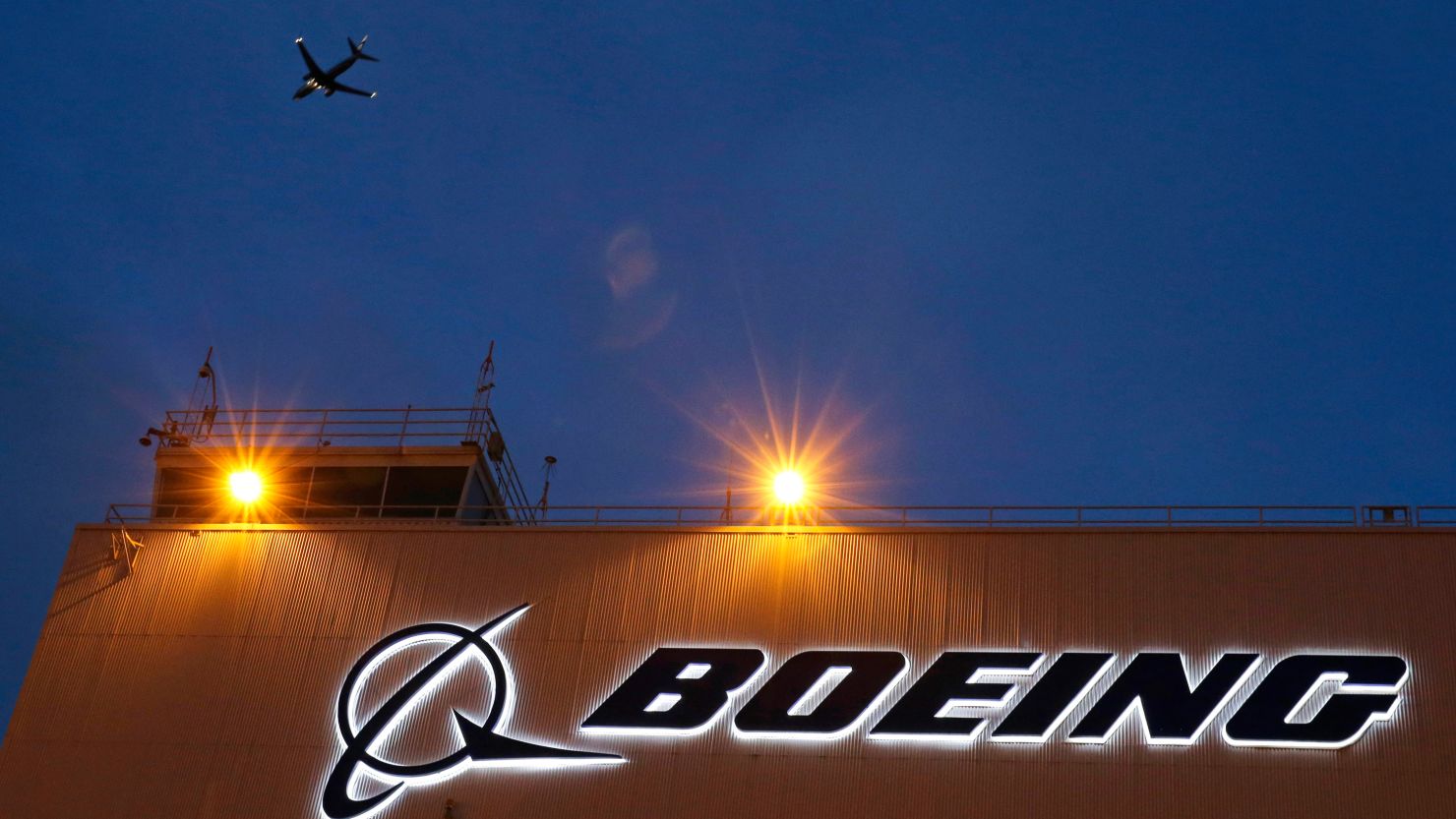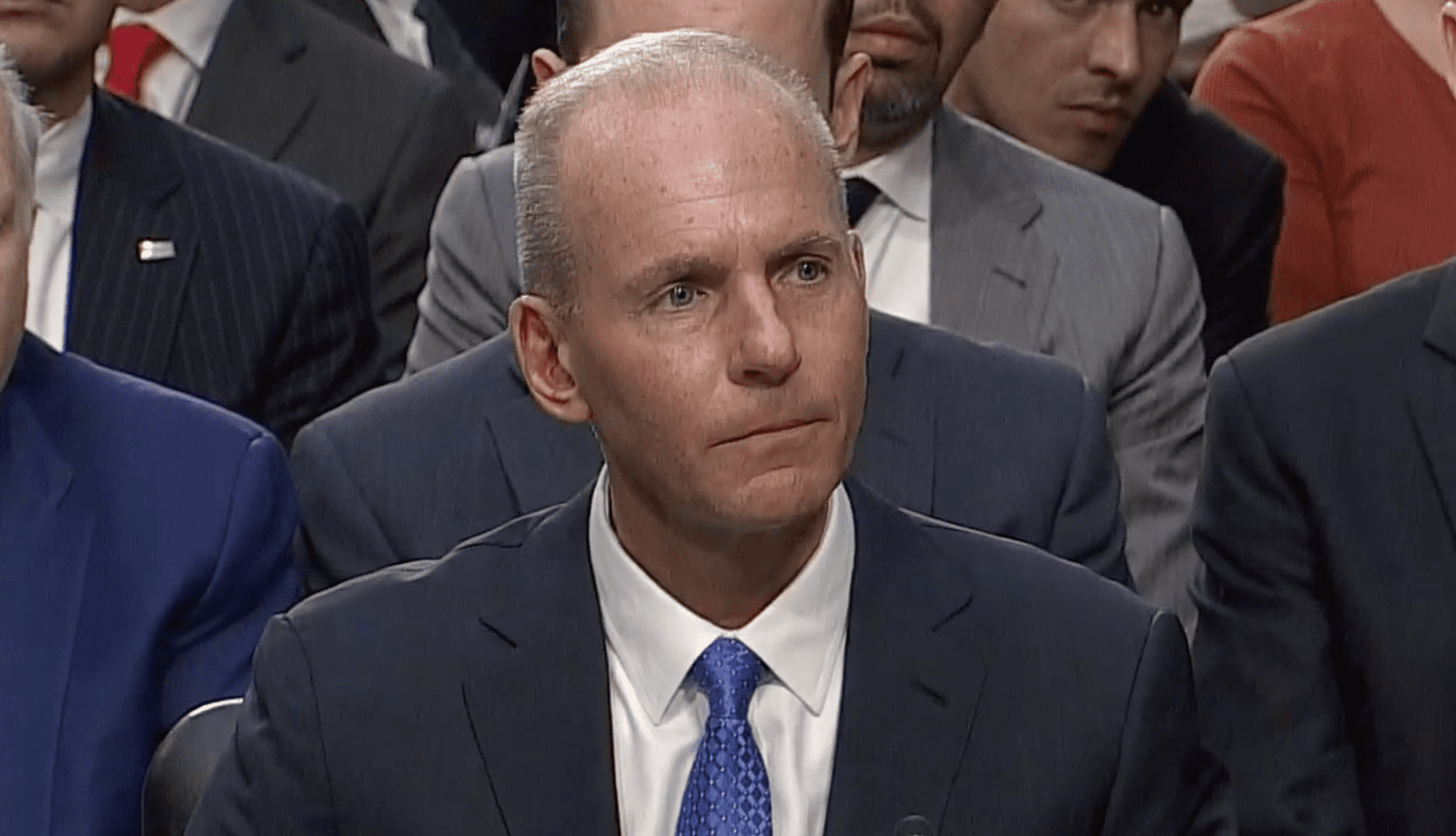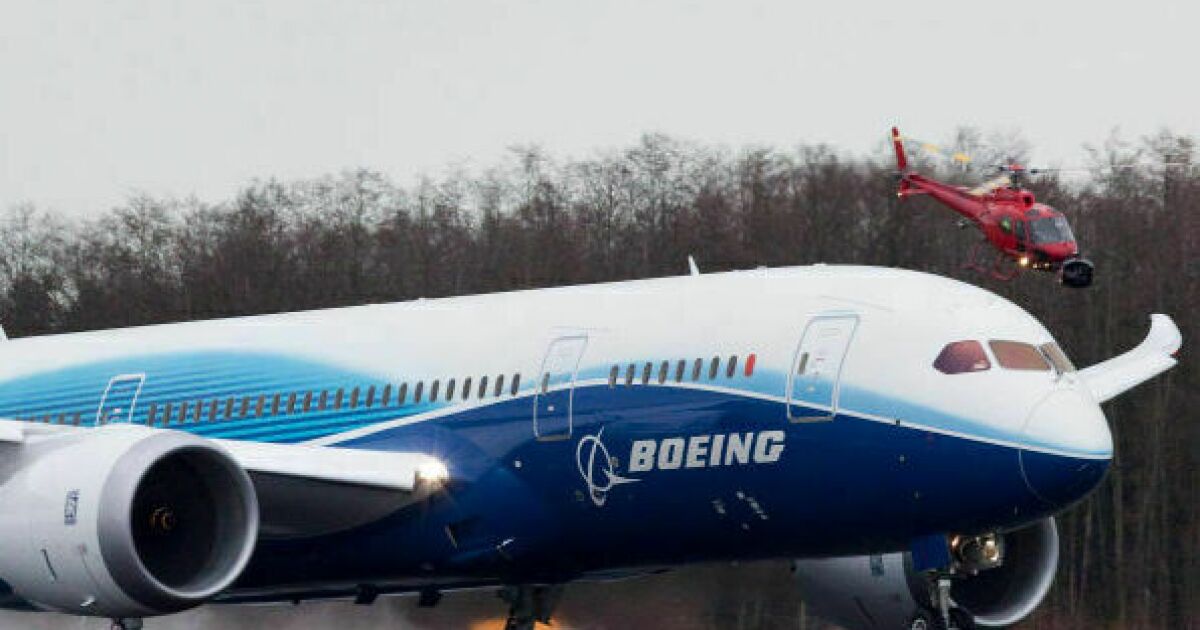In a recent unfolding that spotlights the ongoing turbulence within the aviation industry, Boeing has come under scrutiny following allegations of retaliation against two of its engineers. The case, now gaining attention, involves assertions from the Society of Professional Engineering Employees in Aerospace (SPEEA) that these engineers faced negative repercussions after advocating for rigorous safety checks and adherence to Federal Aviation Administration (FAA) guidelines.

Boeing: The Culture of Silence and Its Perils
The incident, as outlined by SPEEA, began when the engineers insisted that Boeing reevaluate previous engineering work on the 777 and 787 aircraft models. This demand was in response to a new FAA advisory issued in 2022, urging a thorough reassessment of existing safety measures.
Despite initial resistance, the company agreed to conduct the reviews, yet the aftermath reportedly led to significantly lower performance evaluations for the involved engineers.
A union representing Boeing engineers has alleged the plane maker retaliated against two employees who, at the time, were working on behalf of the Federal Aviation Administration (FAA) to provide manufacturing oversight. https://t.co/mmMOQr18ve
— KWWL (@KWWL) April 24, 2024
SPEEA’s complaint to the National Labor Relations Board highlights a concerning narrative of corporate pushback against necessary safety protocols.
The union alleges that after raising their concerns, the engineers’ performance reviews were unjustly downgraded, impacting their professional trajectories and potentially their future with the company.

One of the engineers escalated the matter by filing a ‘Speak Up Report,’ a move that led to an internal investigation by Boeing. However, the outcome remains shrouded in secrecy, with Boeing stating that the investigation was part of a confidential process, and its findings could not be shared outside the FAA.
The company’s public response was to deny any wrongdoing. “We have zero tolerance for retaliation and encourage our employees to speak up when they see an issue,” a Boeing spokesperson stated.
The company asserts that its investigation, which involved reviewing documents and interviewing over a dozen witnesses, found no evidence of retaliation.
However, this official stance is at odds with the distressing account from the union and the engineers. The situation was further complicated when one of the engineers resigned, citing dissatisfaction with how the situation was handled—a serious indictment of the company’s internal culture.
Whistleblowers: The Unseen Guardians of Aviation Safety
This isn’t the first time Boeing has been accused of questionable practices. Just last week, another whistleblower, Sam Salehpour, came forward with concerns about Boeing’s assembly process for the fuselages of the 787 and 777 models. Like the engineers in this recent complaint, Salehpour also faced alleged retaliation.
These incidents collectively paint a troubling picture of the challenges faced by employees within major aerospace manufacturers when trying to address safety concerns. The need for a transparent and supportive environment is critical, not just for the health of the company’s culture but for the safety of the flying public.

Navigating the Turbulent Skies Ahead
As the FAA continues its investigation into these allegations, the aerospace community and the public await clear outcomes and accountability. The implications of these events extend beyond individual careers, touching on the broader themes of safety, corporate governance, and the ethical obligations of major corporations.
SPEEA’s Rich Plunkett summed up the situation with a stark warning about Boeing’s safety culture.
“Whether it’s capital R ‘Retaliation’ or not, the fact remains that the two ODA designated SPEEA members did the right thing and stuck to their guns despite heavy pressure from Boeing, and then got hit with career-damaging performance reviews. This helps show why Boeing doesn’t have a healthy safety culture,” Plunkett stated.
As Boeing navigates this storm, the industry watches closely. The outcomes of this situation will likely influence future policies and practices, hopefully steering towards enhanced transparency and safety in aviation.
The courage of whistleblowers, often unseen, continues to be a crucial element in maintaining the integrity and safety of the aerospace sector.


